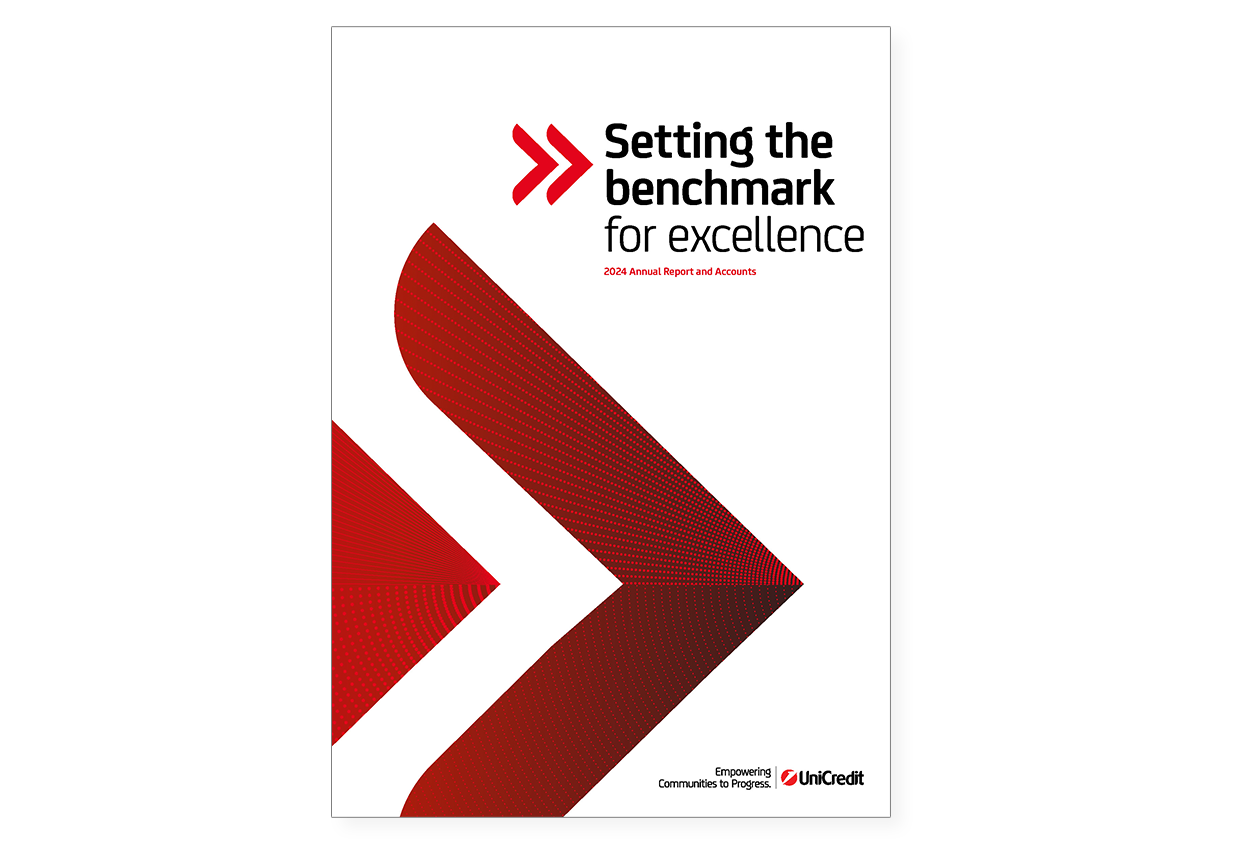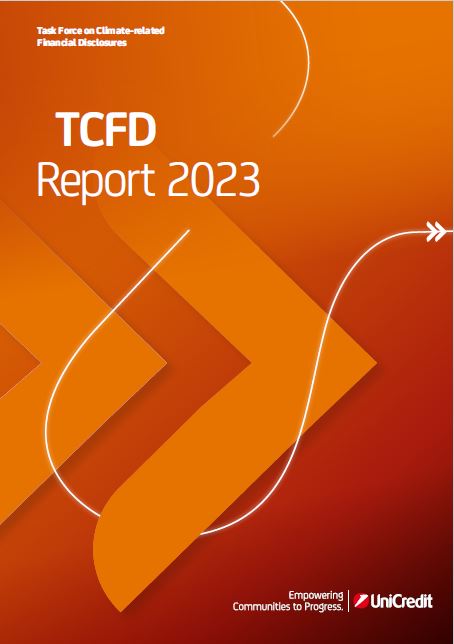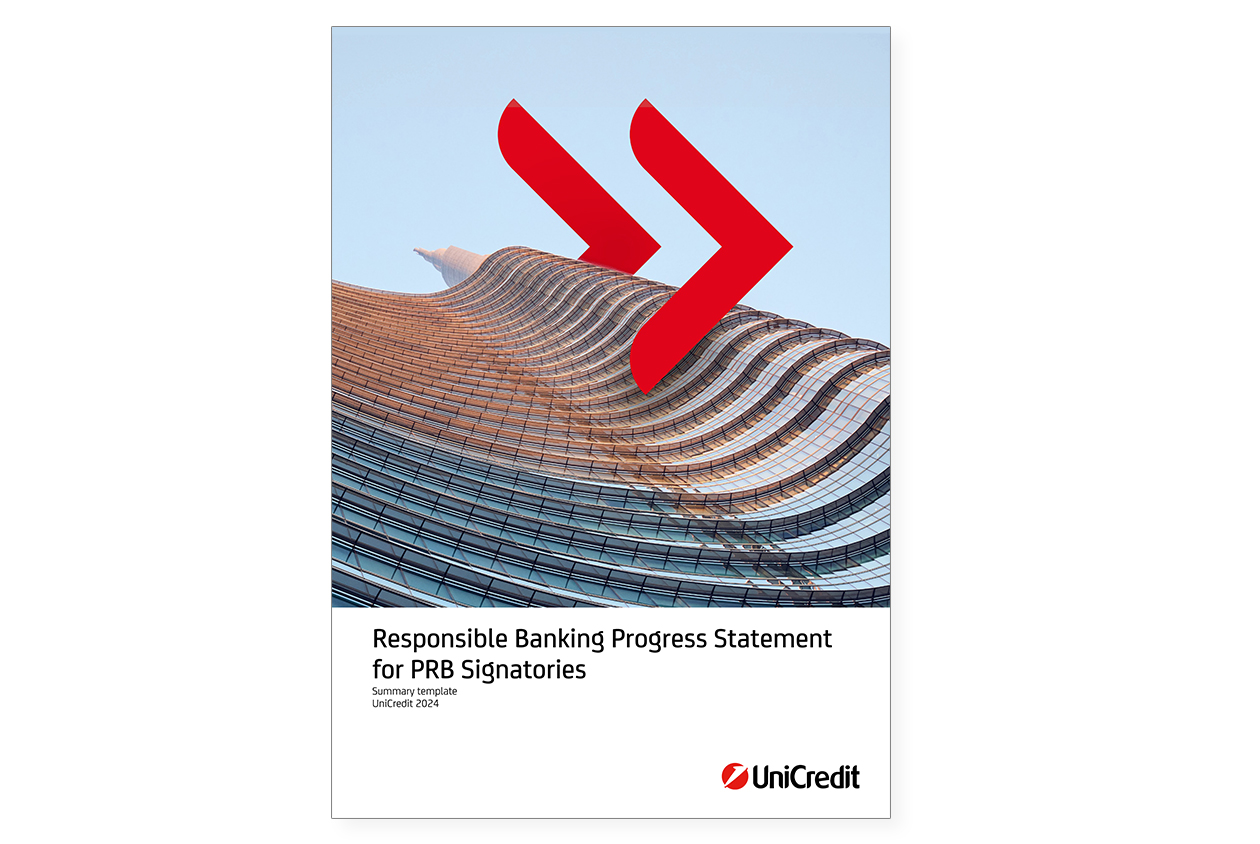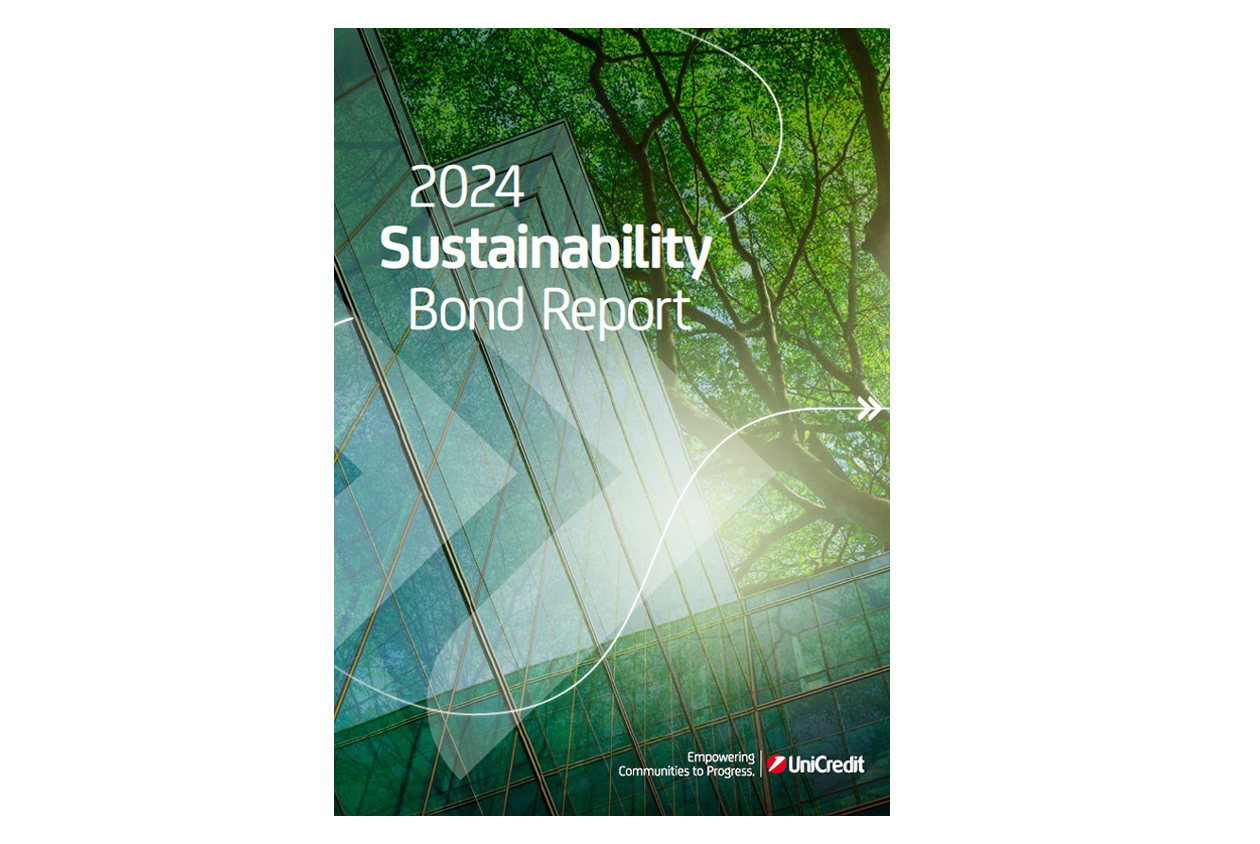We have set ambitious ESG targets for all areas of our business as part of our strategic plan, including a strong commitment to constantly increase our social impact and support to communities. We always monitor and report on our progress for a sustainable growth, encouraging a culture of measurement and transparency.

Sustainability Statements
In our 2024 Annual Report, you can find our Sustainability Statements, which we have prepared in compliance with the EU Corporate Sustainability Reporting Directive (CSRD).
We have undertaken an extensive double materiality assessment to identify the most pressing ESG issues relevant to our business and stakeholders and we have provided information on our sustainability performance, in alignment with the European Sustainability Reporting Standards (ESRS).
TCFD Report for a sustainable management
In 2019 we adhered to the recommendations of the "Task Force on Climate-Related Financial Disclosure (TCFD)" initiative, aimed at improving and increasing the quality of reporting of climate-related financial information.
UniCredit's 2023 TCFD Report represents our fourth annual publication aligned with the TCFD recommendations and highlights the concrete initiatives we have carried out and the progress we have made in 2023 in relation to each of the pillars included in the TCFD framework: Governance, Strategy, Risk Management, Metrics and Targets.
Anti corruption: percentage of employees trained in organization's anti-corruption policies and procedures
Anti money laundering: percentage of employees trained in organization's anti money laundering policies and procedures
Asset gathering: Total customer funds, including deposits, assets under management and securities under custody
Contribution to community: includes Group cash contributions and - for Italy only - time and in-kind resources. Management costs are distributed based on the contributions by focus.
Direct emissions: related to the physical operations of our offices and branches.
Indirect emissions: related to UniCredit's financing operations, such as loans and other financial services that we provide. For example, our private and corporate customers can use our financing for activities that negatively impact the environment, resulting in CO2 and other GHG emissions.
GHG emissions: any of the atmospheric gases that contribute to the greenhouse effect by absorbing infrared radiation produced by solar warming of the Earth's surface
GRI (Global Reporting Initiative): organisation made up of different stakeholders and independent institutions whose mission is to develop and disseminate guidelines for all sectors to prepare sustainability reports. Inside the note of the tool, you can see the GRI code to reference to the reporting guidelines (i.e. SO3)
MiFID (Markets in Financial Instruments Directive): directive of European Community No. 2004/39/ES dated April 21, 2004 on the markets in financial instruments. The objectives of MiFID are the introduction of unified regulations on investors´ protection all over EU and completing of the process of creation of unified conditions of competition for all the types of business systems.
People survey: main pillar of our listening initiatives. It involves all employees in every country in 16 languages, inquiring employee perceptions about topics like Leadership, Training, or Clarity of Objectives. The outcome is helpful to identify opportunities for improvement in the organization and to design and implement appropriate action plans
Rates of Absenteeism: calculated as follows: (total no. of days of absence/total working hours)*1,000. Days of absence refers to: injuries, illness, strikes and other reasons (e.g., medical controls, election days)
Rates of Injury: calculated as follows: (total no. of workplace injuries/total working hours)*1,000,000.
Rates of Lost Days: calculated as follows: (total no. of days of absence due to injuries/total working hours)*1,000
TRI*M: standardized indicator that analyzes, measures and portrays the satisfaction rate of the stakeholders towards the bank. The TRI*M Index is calculated on a scale of 0 to 100 points
Value distributed: calculated by reclassifying consolidated Income Statement items with the aim of showing how it is allocated and expressing in monetary terms the relationship between the business and the socio-economic system with which it interacts, special reference being made to its main stakeholders: employees, suppliers, public bodies and institutions, shareholders, corporate structures, community and environment




